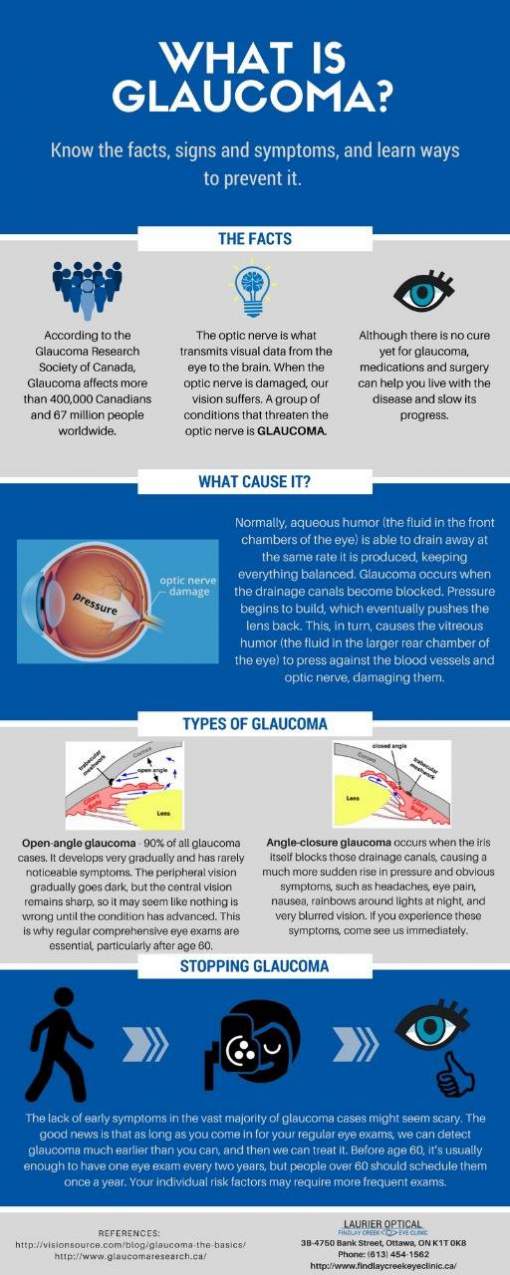Is SMILE Eye Surgical Treatment The Right Option For You? Crucial Factors To Consider And Insights
Team Writer-Craven Thestrup If you're contemplating SMILE eye surgery, consider this: are you prepared to welcome potential visual flexibility, or does the idea of any type of risks make you be reluctant? Your choice will hinge on a mindful equilibrium of evaluating the advantages against the uncertainties. It's critical to dive much deeper into the nuances of SMILE surgical procedure to make an educated choice that lines up with your visual goals.
Comprehending SMILE Eye Surgical Treatment
When taking into consideration SMILE Eye Surgery, it is very important to comprehend the treatment and its advantages. SMILE, which means Tiny Cut Lenticule Removal, is a minimally intrusive laser eye surgical procedure that remedies typical vision troubles like myopia (nearsightedness). Throughout the treatment, your eye surgeon will certainly utilize a femtosecond laser to create a little incision in your cornea. Through this laceration, a small disc of tissue called a lenticule is gotten rid of, improving the cornea and correcting your vision. Among the vital advantages of SMILE Eye Surgical treatment is its fast recovery time. Numerous clients experience improved vision within a day or two after the procedure, with marginal discomfort. Additionally, SMILE is recognized for its high success price in providing lasting vision improvement. Unlike LASIK, SMILE doesn't require the development of a flap in the cornea, lowering the risk of difficulties and enabling a more secure corneal framework post-surgery. Comprehending the treatment and its benefits is crucial when considering SMILE Eye Surgical procedure for vision improvement.
Advantages and disadvantages of SMILE
Considering SMILE Eye Surgery for vision improvement comes with different advantages and potential drawbacks. Among the major pros of SMILE is its minimally intrusive nature, as it includes a little laceration and usually results in quick healing times. The treatment is additionally recognized for triggering marginal pain and dry eye symptoms post-surgery compared to other vision correction methods. Furthermore, SMILE has actually been revealed to supply superb visual end results, with several patients achieving 20/20 vision or far better. On the other hand, a possible con of SMILE is that it might not be suitable for people with serious refractive mistakes, as the therapy variety is somewhat limited contrasted to LASIK. Another consideration is that the knowing curve for cosmetic surgeons executing SMILE can affect the availability of knowledgeable companies in particular areas. It is necessary to weigh these benefits and drawbacks thoroughly when determining if SMILE is the appropriate selection for your vision modification needs.
Determining Eligibility for SMILE
To figure out if you're qualified for SMILE eye surgery, your ophthalmologist will carry out an extensive assessment of your eye health and wellness and vision demands. During this examination, elements such as the stability of your vision prescription, the thickness of your cornea, and the general wellness of your eyes will be examined. Generally, prospects for SMILE more than 22 years old, have a stable vision prescription for at the very least a year, and have healthy and balanced corneas without problems like keratoconus. https://www.webmd.com/eye-health/retinal-detachment-surgery %3A0xbdd57dd7ba5ccd2!2sVance%20Thompson%20Vision%20-Northern%20Colorado!5e0!3m2!1sen!2sus!4v1748968857984!5m2!1sen!2sus” width=“600” height=“450” style=“border:0;” allowfullscreen=“” referrerpolicy=“no-referrer-when-downgrade”> Your optometrist will likewise consider your total eye health and wellness, any type of existing eye conditions, and your way of living needs to identify if SMILE is the ideal option for you. It's vital to communicate any specific visual demands or issues you might have during this assessment to guarantee that the therapy straightens with your assumptions. If you aren't qualified for SMILE, your ophthalmologist might recommend different vision correction choices that much better fit your specific requirements and eye wellness standing. Conclusion Ultimately, deciding whether SMILE eye surgical treatment is right for you needs cautious consideration of your individual eye health and wellness and visual needs. Consult with your optometrist to determine your eligibility for the procedure and weigh the possible benefits and disadvantages. Keep in mind to communicate any concerns or inquiries you may have during the analysis process to make an informed decision regarding your vision correction choices. 